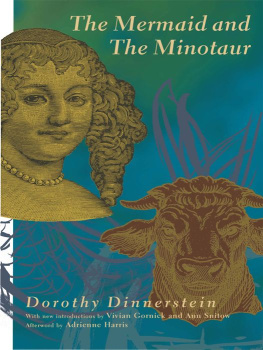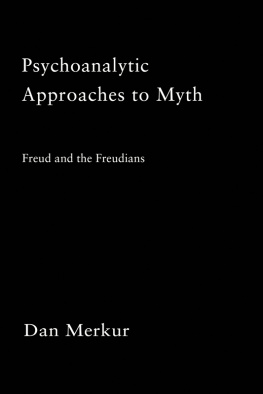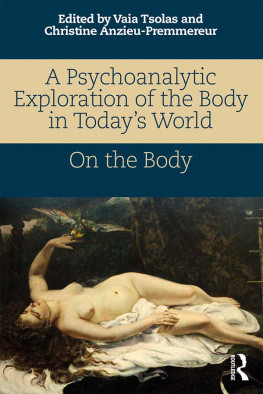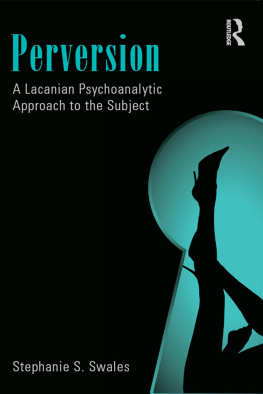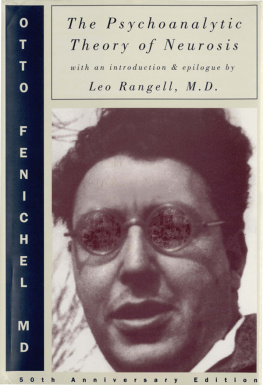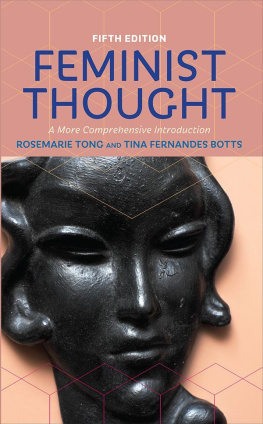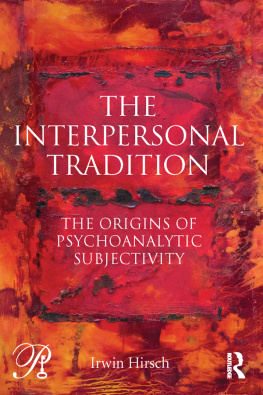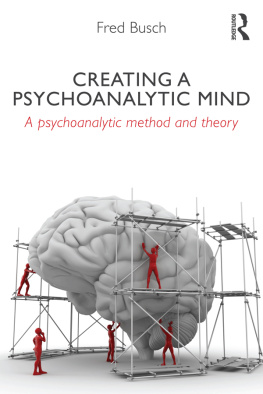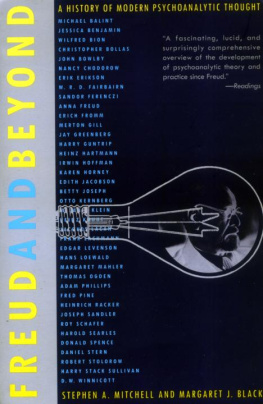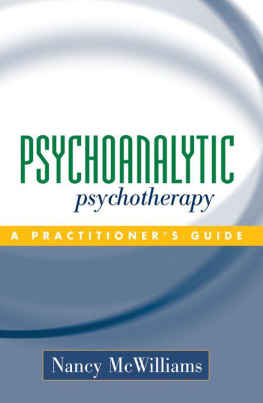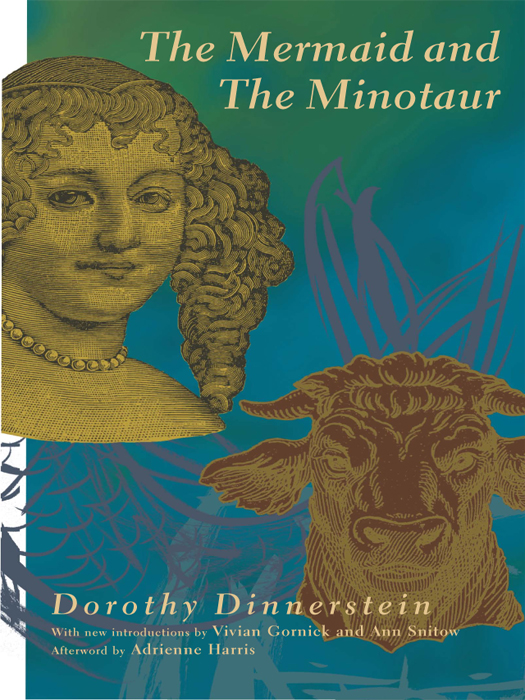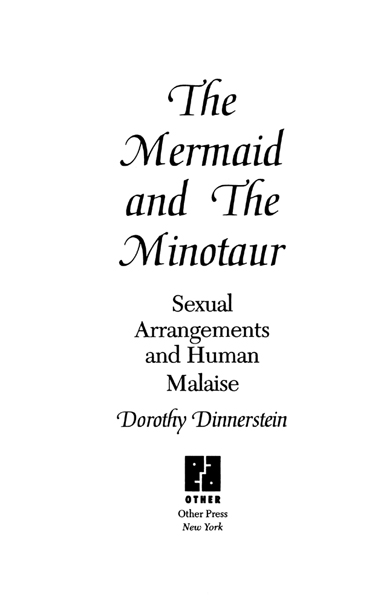Drawing Home by James Thurber. Copyright 1945 James Thurber. Copyright 1963 Helen W. Thurber and Rosemary Thurber Sauers. From The Thurber Carnival, published by Harper & Row. Originally printed in The New Yorker.
Excerpts from W. H. Audens Lullaby from City Without Walls and Other Poems, New York, Vintage Books, 1971, reprinted by permission of Random House, Inc.
Copyright 1999 by Naomi Miller.
All rights reserved. No part of this publication may be reproduced or transmitted in any form or by any means, electronic or mechanical, including photocopying, recording, or by any information storage and retrieval system, without written permission from Other Press LLC, except in the case of brief quotations in reviews for inclusion in a magazine, newspaper, or broadcast. For information write to Other Press LLC, 2 Park Avenue, 24th floor, New York, NY 10016. Or visit our Web site: www.otherpress.com.
The Library of Congress has cataloged the printed edition as follows:
Dinnerstein, Dorothy.
The mermaid and the minotaur: sexual arrangements and human
malaise / Dorothy Dinnerstein.
p. cm.
Originally published: New York: Harper & Row, c1976.
eISBN: 978-1-59051-469-6
1. Sex role. 2. Psychology. 3. Social structure. I. Title.
BF692.2.D56 1999
306.7dc21
99-16337
v3.1
Contents
A Few Words on the Re-publication of The Mermaid and The Minotaur
by
Vivian Gornick
Her intelligence is poetic, and her imagination is informed by a respect for systematic thought. These elements of mind and heart combined have created a stirring view of the common psychic life of men and women and its relation to the whole of organized human history.
I wrote these words twenty-three years ago in a review of The Mermaid and The Minotaur. Re-reading the book now, I am struck again by what, indeed, is the poetic intelligence of Dorothy Dinnerstein; an intelligence that here, in this work, is brought to bear on a large, unwieldy insight she made her own through the depth of being with which it was felt. Strong feeling led Dinnerstein into the clarity of a poet. It is this clarity that makes Mermaid a participant in the conversation of the century: the one about human fears and social arrangements.
From the very beginningthe sheer density of theory notwithstandingthe reader is drawn by the words of a writer committed to making the act of intellection come alive. She has seen the meaning of the sexual arrangement, in all its vast consequence, and has made it her mission that it will resonate in us as it did in her. And, indeed. Not a page of Mermaid goes by that there isnt a phrase, a sentence, a paragraph to strike the famous chord of recognition just long enough to persuade us we are remembering what we have always known:
- Sexual attraction is the animal-poetic in us.
- Childhood is the drowning sweetness we cannot bear to climb out of.
- The sexual arrangement is a masquerade in which generation after generation of childishly self-important men on the one hand, and childishly play-acting women on the other, solemnly re-create a childs-eye view of what adult life must be like.
- If we did not fear the loss of infancy as much as we do, we could have the joy of a creature who knows time and senses its own separateness [perceives] the living tie between its fragile individual existence and the existence of the hurtful, entrancing surround.
- This joy would echo the old euphoria clearly enough to remind us of what we lost when we found our solitary mortal selves.
- But our hatred of the loss is greater than our pleasure in the gain: This is what makes effortthe kind of effort we would be apt to engage in for its own sakefeel like work. The underlying grudge that embitters our love of enterprise is central to human malaise
These powerful, brooding sentences! How long and how hard Dinnerstein had to have stared into her own thought and feeling to arrive at them. Her gaze is penetrating. It compels me to put myself behind her eyes. When I do, the connection between what I observe and what she concludes becomes inescapable. The dynamic is penetrating.
Of how many theoretical works can it be said, It makes the reader feel what it knows? That, for me, is the ultimate value of The Mermaid and The Minotaur; the thing, above all else, that assures it a long, perhaps a permanent place in the cultural record.
Foreword
by
Ann Snitow
When I first read The Mermaid and The Minotaur in 1977, a bright light went on in the world. There, at last, in gorgeous, three-dimensional detail someone had described the inner workings of the gender injustices that had burned me all my life.
Why and how did the book make such a difference to many like me who read it in the late seventies? To get at its initial impact one would need, first, to remember, or imagine, the decades before our revival of feminism. Misogyny was the very air we breathed then: In the long years before second-wave feminism, women and girls were unquestioningly belittled. Daily insulted without remark. Definitely tracked away from achievement. Aggressively ignored or ignorantly aggressed upon. Assumed as helpers, and when unhelpful, called bitches or witches. Humiliation seemed fitting and pride made one faintly ridiculous.
The great outburst of indignation against this common state of affairs that began second-wave feminism in America had already peaked and was in decline by the time Mermaid first appeared. The many women who had risen up on the high roll of that wave had barely had time to sort out where our mass explosion of rage came fromor what we were going to make of it in the long term. Deeply enlivened as I had felt by the new reading of the world that feminism offered, my delight and activist passion had often been accompanied by a shadowy, unformed anxiety: But there is something wrong with women. There is something distasteful about them (us).
For example, armored by feminism as I supposedly was, I could still find myself: in a magazine store, exclaiming with enthusiasm to my lover about some article I had found, Hey, look at this, and crumbling entirely at his ordinary/extraordinary answer: Dont give me orders! Why was I ashamed by his absurd response? After all, I had been merely lively, active, reaching out with a peremptory confidence for friendly company. In fact, I would never have had the nervehad I had the desireto boss. Yet nothing felt more familiar than this shame, this cowed acceptance of the fact that my loverand by extension, men in generalfound my energy unseemly and overwhelming. Feminism, so hopeful and Utopian, had made promises of transformation through the exercise of nineteenth-century virtues like knowledge and will and effort. Meanwhile, little daily episodes like the one in the magazine store were wearing me down and crippling my new feminist resistance.
To my amazement and deep relief, Dorothy Dinnerstein had written about what I wordlessly felt: The stone walls that activism runs into have buried foundations. The book offered a full anatomy of the men who run the world yet fuss like threatened children when women with less worldly power say Boo. Such men, she argues, are continuing their endless acts of separation from the ruler of their infancy, mother. Women, too, are complicit in the daily injustices they suffer since they, too, distrust the mother in themselves.


